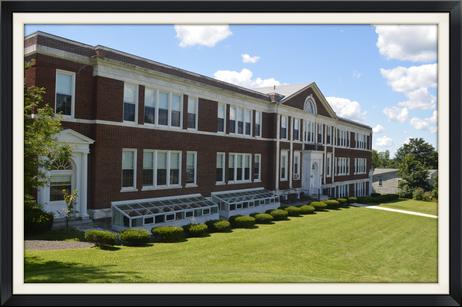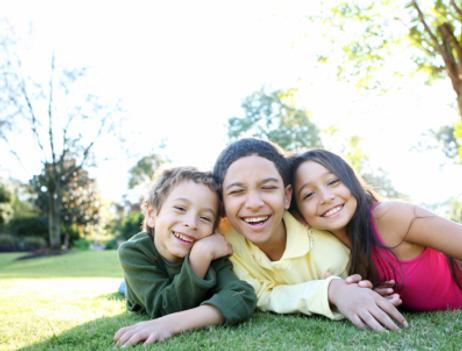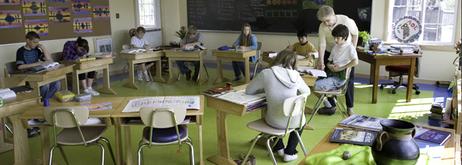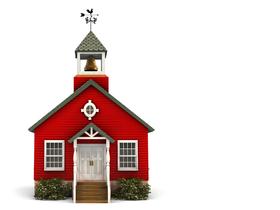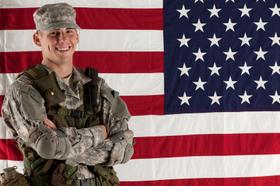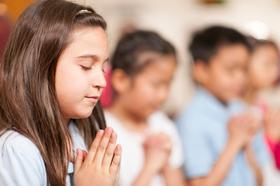Froebel, Montessori and Steiner: Champions of Children
Friedrich Froebel, Maria Montessori, and Rudolf Steiner were trailblazers in early education in the 19th and early part of the 20th centuries.
- Their ideas and philosophies shaped early childhood education as we know it in the 21st century.
- Who were these people?
- Why did they feel that early education was so important?
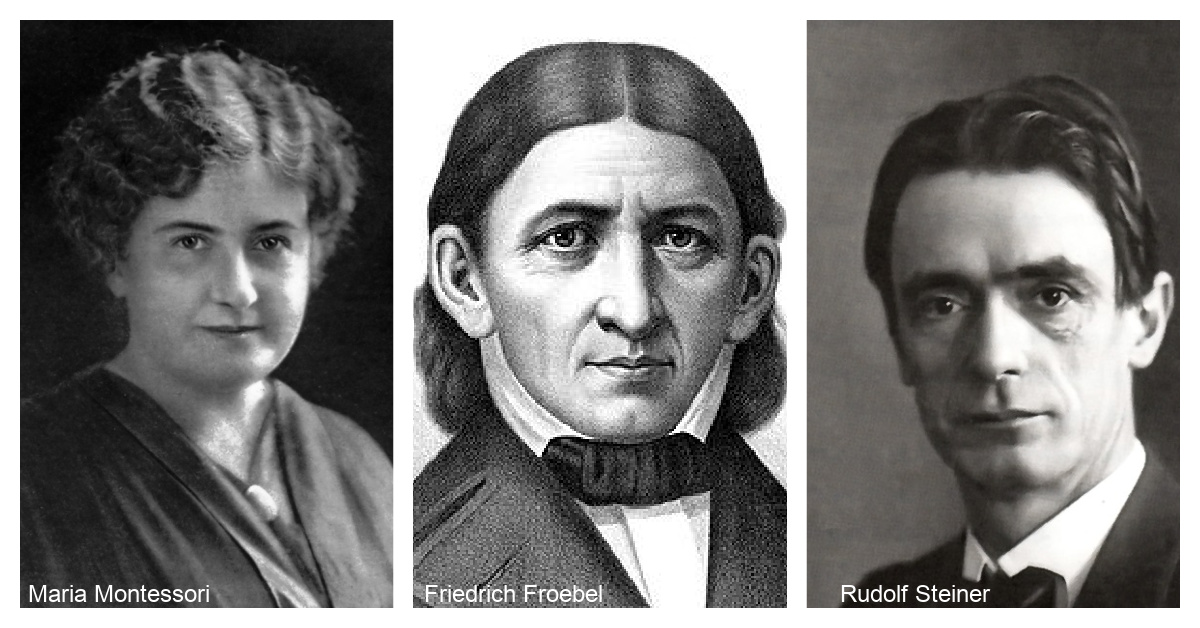
Freidrich Froebel
Freidrich Froebel (1782-1852) invented "kindergarten," which means "a child's garden."
- Froebel wanted children to interact with their surroundings. Interacting with nature was central to his philosophy of education.
- He believed that interacting with nature would lead children to a closer examination of how things work.
- Froebel was influenced by the Swiss pedagogue Johann Heinrich Pestalozzi (1746-1827), whose methods and approach to education, in turn, shaped a young Albert Einstein when he attended the local school in Aarau.
- Today, few people, except educators or trivia buffs, know who Froebel is, even though his influence in early childhood education was profound.
One feature of Froebel's approach to teaching children was the use of gifts.
- He developed five gifts to be given to the child in ascending order.
- The gifts were designed to teach awareness of shapes, spatial relationships, and many other concepts to even the youngest child.
This video offers an overview of Froebel.
Dr. Maria Montessori
Italian physician and pedagogue Dr.


